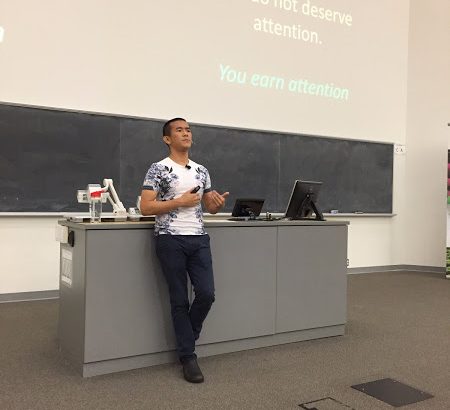
Erin Zimmerman, Science in Society co-editor “A piece of writing has to start somewhere, go somewhere, and sit down when it gets there.” – Essayist John McPhee, Draft No. 4 What is it? Many people are unaware that science essays are their own genre. They can masquerade as other things: features, reviews, researched personal essays, […]






